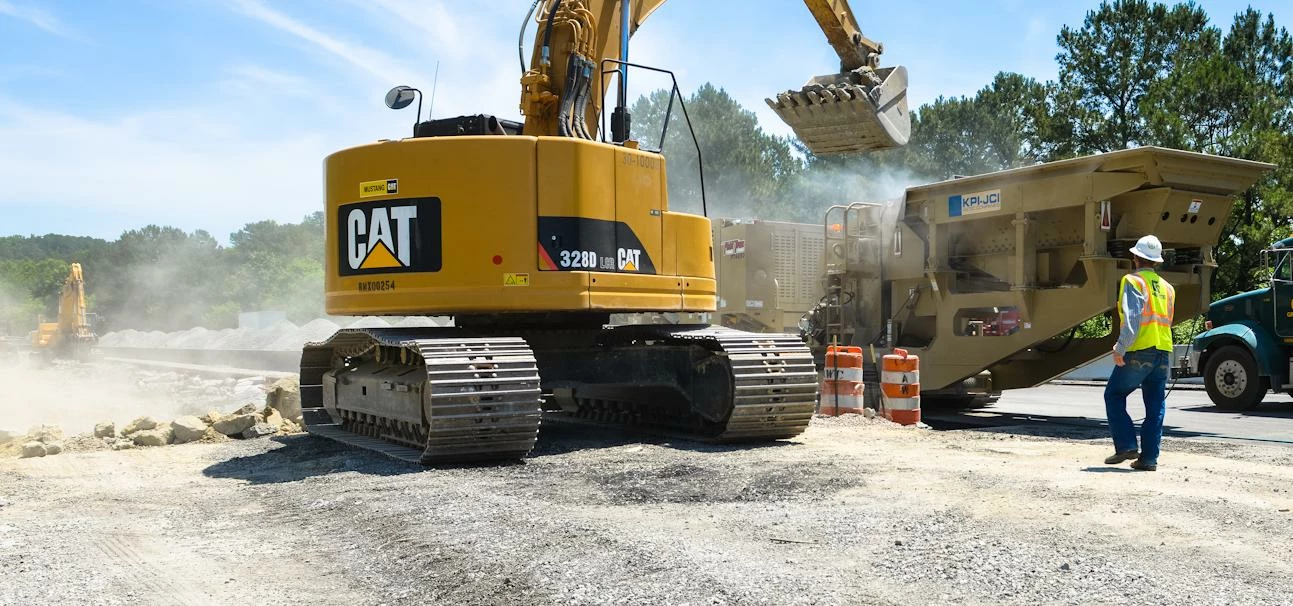
Partner Article
Labour shortages intensify in the North East as workloads decline
Whilst recent official construction data has been a little mixed, the latest quarterly Royal Institution of Chartered Surveyors (RICS) Construction Market Survey shows that the North East is not only suffering from labour shortages but also a slight decline in workloads.
During the first three months of the year (Q1 2015) 46% of the region’s construction professionals cited labour shortages as an ongoing issue for them, whilst 34 percent of respondents reported a rise in workloads; a decrease on the previous quarter (Q4 2014) when 42% of the North East’s construction workers said they were experiencing an increase in workloads.
The private sector remains a healthy driver of growth in the North East, with 46% of respondents reporting a rise in housing workload activity. However private commercial space and private industrials saw a drop in workload activity during the first three months of this year (Q1 2015).
Interestingly, public house building in the north of England appears to be stronger than elsewhere in the UK, while private house building activity is greater in the southern parts of the country, despite overall feedback from contractors that profit margins are tightening.
Across the infrastructure sector, respondents reported the fastest growth since RICS began recording UK construction market data (Q4 1998). 29% of the North East’s construction professionals saw an encouraging rise in infrastructure workload activity during Q1 2015 compared to Q4 2014, when only 19% of the region’s respondents reported an increase in the construction of rail and road sub-sectors.
Despite all the anecdotal evidence that a degree of uncertainty is entering the market in the count down to the general election, outward confidence for growth is strong, with 75 percent of the North East’s construction professionals expecting workloads to rise over the next 12 months and this to translate into 3.75% growth in 2015. Encouragingly, 50% of the region’s respondents also anticipate a rise in employment opportunities in the sector.
Aidan Evans at Interserve said: “Activity levels still appear to be led by the private housing sector but it’s encouraging to see that more infrastructure projects are being delivered across the North East.
“The forthcoming general election appears to be stifling activity in some of the region’s sectors as organisations are holding back from spending.
“Demand for both materials and labour has also impacted on projects in terms of prices, due to limitations on both supply of materials and skilled tradesmen. So it will be interesting to see the outcome of the election and if it helps to give our sector the boost that it urgently needs.”
RICS Director of the Built Environment, Alan Muse, said: “Despite the outward optimism, there are some very real unknowns which are impacting on industry, including the general election, the UK’s relationship with Europe and skills shortages.
“The upturn in workloads in some sectors has led to more competitive tendering, particularly across public sector projects, but a lack of accessible finance is now affecting a net balance of 55 percent of our members, and this will be felt most keenly among the small-medium sized SMEs.
“Now that material shortages are becoming less of an issue, the practical challenges are in providing the skilled labour the industry needs and in alleviating the financial constraints, which saw nine months of decreased lending in 2014.”
Looking to promote your product/service to SME businesses in your region? Find out how Bdaily can help →
Enjoy the read? Get Bdaily delivered.
Sign up to receive our daily bulletin, sent to your inbox, for free.








 Ready to scale? Buy-and-build offers opportunity
Ready to scale? Buy-and-build offers opportunity
 When will our regional economy grow?
When will our regional economy grow?
 Creating a thriving North East construction sector
Creating a thriving North East construction sector
 Why investors are still backing the North East
Why investors are still backing the North East
 Time to stop risking Britain’s family businesses
Time to stop risking Britain’s family businesses
 A year of growth, collaboration and impact
A year of growth, collaboration and impact
 2000 reasons for North East business positivity
2000 reasons for North East business positivity
 How to make your growth strategy deliver in 2026
How to make your growth strategy deliver in 2026
 Powering a new wave of regional screen indies
Powering a new wave of regional screen indies
 A new year and a new outlook for property scene
A new year and a new outlook for property scene
 Zero per cent - but maximum brand exposure
Zero per cent - but maximum brand exposure
 We don’t talk about money stress enough
We don’t talk about money stress enough